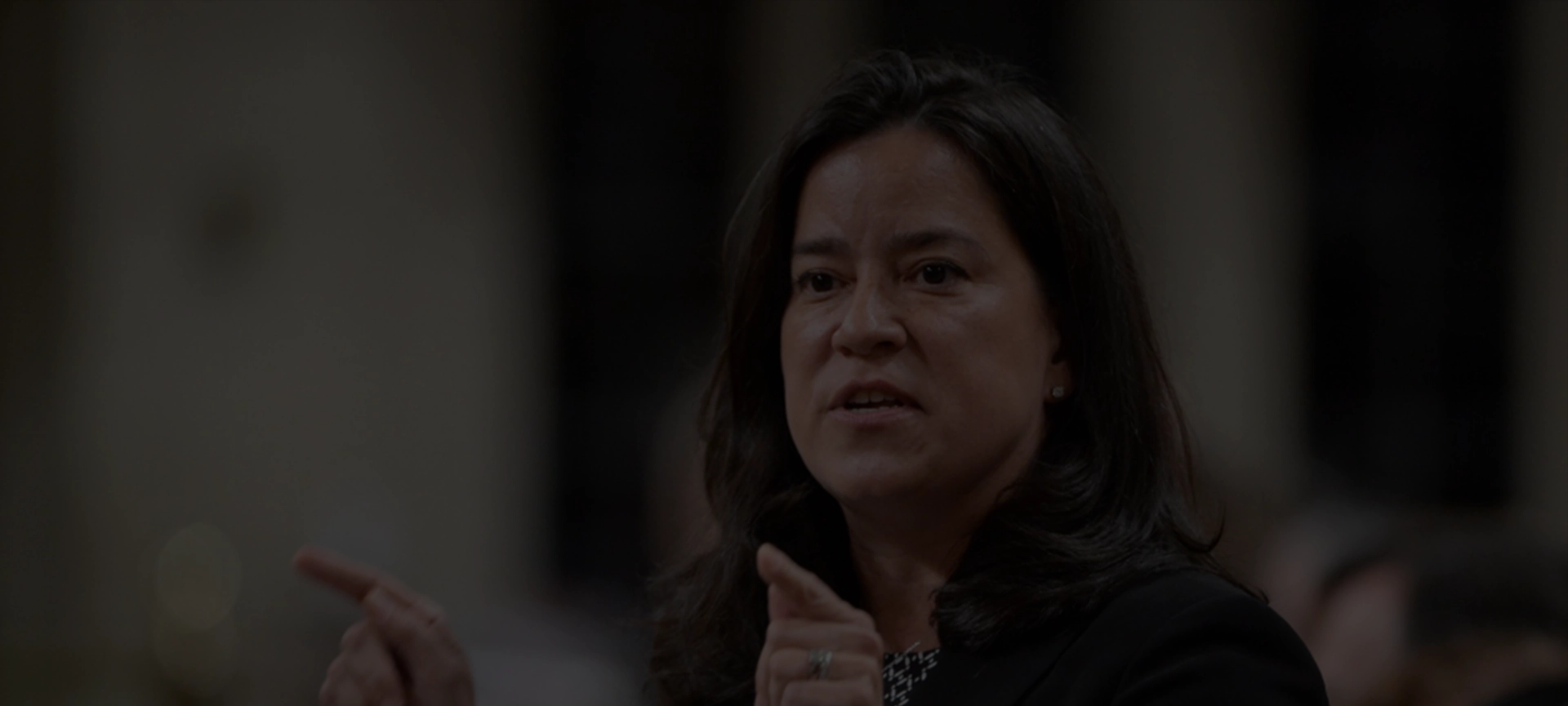Maybe I was wrong all along.
Maybe Jody Wilson-Raybould, Canada’s former minister of justice and attorney general, was honestly trying to follow through on the government’s progressive pre-election justice promises.
Maybe the last three-and-a-half years of inaction, bungled justice legislation and pandering to corporations was all the PMO’s doing.
The Globe and Mail’s bombshell report of alleged political interference by the PMO in the SNC-Lavalin case not only breathes life into the idea that Wilson-Raybould was handcuffed by Justin Trudeau, it also paints a picture of a government that has abandoned any pretense of sunny ways.
Before I fall on my sword and admit the possibility that, just maybe, I could have underestimated Wilson-Raybould, let’s set the factual scene.
In 2015, Trudeau and the Liberals campaigned on the promise of real changeTM and the slogan “better is possible.” They promised open and transparent governments. They said that too much power had been concentrated in the hands of Stephen Harper and his office. They promised to reverse the trend of omnibus legislation. They said they would help the middle class. And they said they would bring about much needed progressive justice reform.
They sure did say a lot of words. But let’s look at the government’s actions.
Over the last three-and-a-half years, there has been little progress in fulfilling the criminal justice promises set out in Wilson-Raybould’s mandate letter. The national inquiry into murdered and missing Indigenous women and girls has been a bureaucratic nightmare. Sentencing reforms, including the promised roll-back of minimum sentencing, never happened. And there have been precious few measures to address the disproportionate impact of the criminal justice system on Indigenous, racialized, impoverished and marginalized communities.
However, in 2018, there was a brand new criminal law passed. It was never talked about during the election and it certainly was not in the mandate letter. But, nonetheless, the new-to-Canada concept of a deferred prosecution agreement for criminal offences was buried on page 527 of the 556-page omnibus budget implementation bill. The amendment was so well hidden that even Liberal MPs sitting on the House of Commons Finance Committee were caught by surprise.
This new corporate loophole works something like this. Step one: A corporation engages in a criminal activity, such as a massive fraud or conspiracy. Step two: The corporation is caught and charged criminally. Step three: The prosecutor reviews the file and determines that there is a reasonable prospect of conviction. Step four: If the corporation agrees that it committed a crime and pays back all of the ill-gotten profits, then the prosecutor can ask the court to drop all criminal charges.
Basically, the new provision means a corporation can sit back and wait to see if they are caught in a criminal scheme and then worm their way out of criminal sanctions.
These new Criminal Code remediation agreements are not available to individuals, unions or other public bodies — only rich corporations.
After the remediation agreement became law, SNC-Lavalin, which is facing criminal charges for its alleged role in a scheme to bribe Libyan officials to obtain advantage and influence under the Muammar Gaddafi regime, sprang into action.
SCN-Lavalin lobbied the PMO hard, even meeting with Trudeau’s top adviser and influencer, Gerald Butts. And what did they discuss? You guessed it: justice, law enforcement and, of course, deferred prosecution agreements.
But in October 2018, the government lawyers — the ones who were actually prosecuting SNC — slammed the door shut on any sweetheart corporate deal.
That is the context in which the PMO is alleged to have put pressure on Wilson-Raybould to overrule her prosecutors.
But it gets worse. It is reported that Wilson-Raybould refused to meddle in the court case. And then she was demoted from the justice portfolio and replaced with Quebec backbencher David Lametti.
Was Wilson-Raybould’s demotion related to her decision to resist the PMO’s pressure in the SNC case? She has refused to comment — claiming lawyer-client privilege — a privilege that, even if applicable, could easily be waived by Trudeau. But in her unprecedented departure letter, Wilson-Raybould wrote that she was always “willing to speak truth to power” and that the role of the attorney general of Canada “demands a measure of principled independence.”
This is all political intrigue at its highest. And it would seem that the government has broken a fist-full of promises: shunning omnibus bills, looking out for the middle class over powerful corporations, embracing transparency and moving away from centralized power. But the political theatre can’t distract from the reality that these allegations are very serious.
This is not a case of pork-barrel senators and housing expenses. It’s much, much more serious. The PMO is alleged to have violated an important constitutional principle by interfering with the foundational underpinnings of our justice system.
Shoes always come in pairs and we are still waiting for the other one to drop. But maybe this incident also speaks to Wilson-Raybould’s history of failure as minister of justice.
Maybe Wilson-Raybould was being held back and interfered with in other aspects of her portfolio.
So, maybe I was wrong about Wilson-Raybould this whole time. Maybe she was trying to move forward with justice reforms but simply did not have the principle and gumption to resign and publicly do what she claims to have done in private — speak truth to power.




